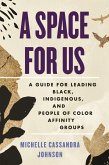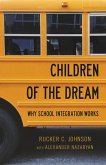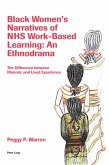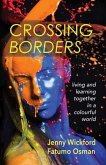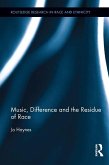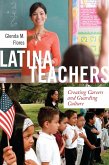This ethnographic study of an urban high school in one of the most diverse cities in the United States examines the role that race plays in the lives of students. At a school publicly celebrated for its integration, academic excellence, and racial harmony, the reality is a different story: that of continuing internal segregation and racial conflicts.
Examining the role of race in neighborhood relations, desegregation programs, and school violence, the author uncovers competing racial orders. A gifted magnet program reinforces the notion that being white means being gifted. Conflicts in the schoolyard show a racial bipolarization where Cambodian Americans identify as blacks and Latinos as whites. Applying racial formation theory to ethnographic research, this study reveals how a school racializes its students. But students are not just passive victims of such structural forces. They also creatively shape the way in which race is organized, imagined, and experienced.
Examining the role of race in neighborhood relations, desegregation programs, and school violence, the author uncovers competing racial orders. A gifted magnet program reinforces the notion that being white means being gifted. Conflicts in the schoolyard show a racial bipolarization where Cambodian Americans identify as blacks and Latinos as whites. Applying racial formation theory to ethnographic research, this study reveals how a school racializes its students. But students are not just passive victims of such structural forces. They also creatively shape the way in which race is organized, imagined, and experienced.
Dieser Download kann aus rechtlichen Gründen nur mit Rechnungsadresse in A, D ausgeliefert werden.



